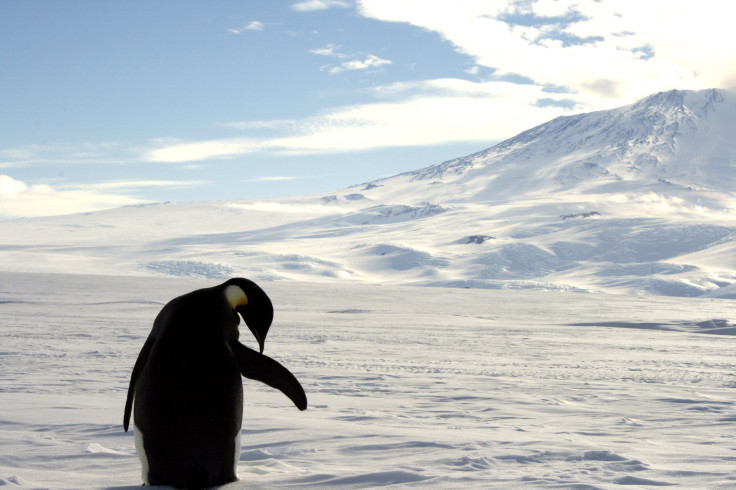Melting of Antarctic ice caps to double by 2050, study projects

New research has projected that Antarctic ice shelf melting will double by 2050, and melting may exceed levels associated with collapse of ice shelves by 2100, at continued present rates of greenhouse gas emissions from fossil fuels.
Floating extensions of the continental ice sheets are known as ice shelves. Even though sea level rise is not affected directly by breaking or melting of these shelves, it delays ice flow from ice sheets and glaciers into the ocean, consequently melting and causing sea level rise. This is called the “door stop” effect.
"Our results illustrate just how rapidly melting in Antarctica can intensify in a warming climate," said Luke Trusel, postdoctoral scholar, Woods Hole Oceanographic Institution, to Eurekalert. "This has already occurred in places like the Antarctic Peninsula where we've observed warming and abrupt ice shelf collapses in the last few decades. Our model projections show that similar levels of melt may occur across coastal Antarctica near the end of this century, raising concerns about future ice shelf stability."
To examine melting patterns over long periods of time and to project the rate of ice sheet melting in the future along the coastline of Antarctica, climate model visualisations were combined with surface melting data from satellite observations. These visualisations were maintained for present levels of greenhouse gas emissions until 2100.
Continued sea level rises will prove catastrophic for islands and low lying areas. Representatives of various countries in the Indian and Pacific Oceans, particularly the low-lying countries such as Kiribati, have been discussing possible options for relocating people and finding adequate resources for the task, reports Radionz.
Where refugees from strife-torn countries are at risk of permanent displacement, the rise in sea levels and other surmounting climate change problems put several thousands of people at risk of becoming climate refugees.
Contact the writer at feedback@ibtimes.com.au, or let us know what you think below





















